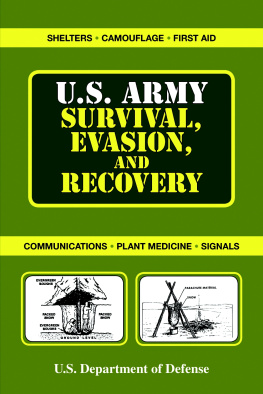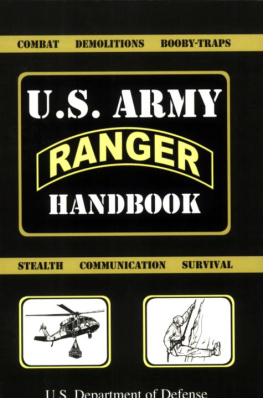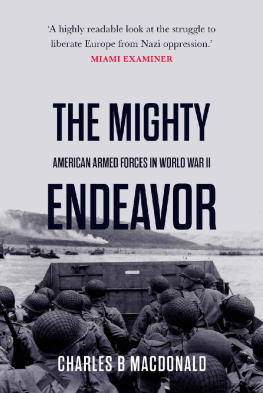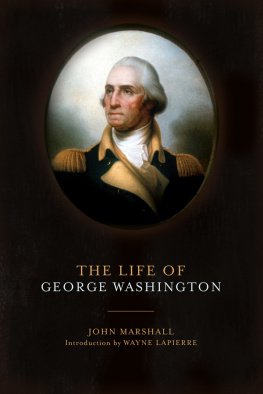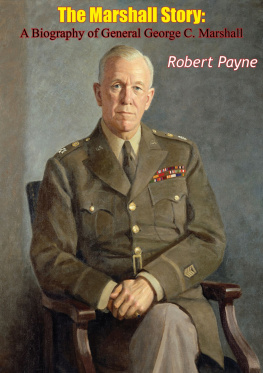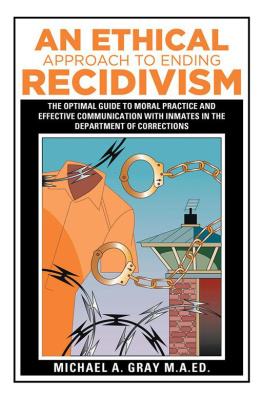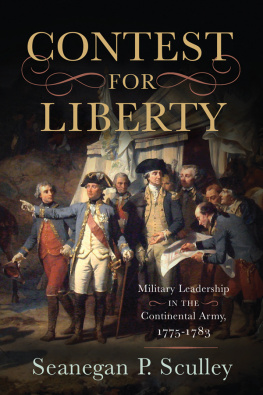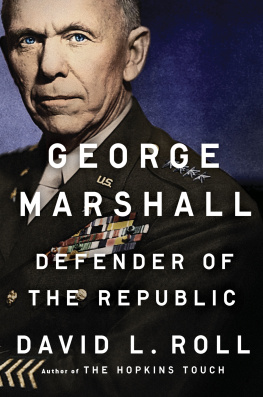THE ARMED FORCES OFFICER
THE ARMED FORCES OFFICER
U.S. Department of Defense

Co-published in the United States by National Defense University Press and Potomac Books, Inc. The opinions, conclusions, and recommendations expressed or implied within are those of the authors and do not necessarily reflect the views of the Department of Defense or any other agency of the Federal Government. This publication is cleared for public release; distribution unlimited. Portions of this book may be quoted or reprinted without further permission, with credit to both National Defense University Press and Potomac Books, Inc.
Library of Congress Cataloging-in-Publication Data
Hardcover ISBN-13: 978-1-59797-166-9
Softcover ISBN-13: 978-1-59797-167-6
(alk. paper)
Printed in the United States of America on acid-free paper that meets the American National Standards Institute Z39-48 Standard.
Available from:
Potomac Books, Inc.
22841 Quicksilver Drive
Dulles, Virginia 20166
800-775-2518
2007 Edition
10 9 8 7 6 5 4 3 2 1
Upon being commissioned in the Armed Services of the United States, a man incurs a lasting obligation to cherish and protect his country and to develop within himself that capacity and reserve strength which will enable him to serve its arms and the welfare of his fellow Americans with increasing wisdom, diligence, and patriotic conviction.
This is the meaning of the commission.
S. L. A. Marshall
Requirement of Exemplary Conduct
Title 10 US Code, Section 5947:
All commanding officers and others in authority in the naval service are required to show in themselves a good example of virtue, honor, patriotism, and subordination; to be vigilant in inspecting the conduct of all persons who are placed under their command; to guard against and suppress all dissolute and immoral practices, and to correct, according to the laws and regulations of the Navy, all persons who are guilty of them; and to take all necessary and proper measures, under the laws, regulations and customs of the naval service, to promote and safeguard the morale, the physical well-being, and the general welfare of the officers and enlisted persons under their command or charge.
Title 10 US Code, Sections 3583, 85831:
All commanding officers and others in authority in the Army/Air Force are required
(1) to show in themselves a good example of virtue, honor, patriotism, and subordination;
(2) to be vigilant in inspecting the conduct of all persons who are placed under their command;
(3) to guard against and suppress all dissolute and immoral practices, and to correct, according to the laws and regulations of the Army/Air Force, all persons who are guilty of them; and
(4) to take all necessary and proper measures, under the laws, regulations and customs of the Army/Air Force, to promote and safeguard the morale, the physical well-being, and the general welfare of the officers and enlisted persons under their command or charge.
CONTENTS
FOREWORD
GENERAL PETER PACE UNITED STATES MARINE CORPS CHAIRMAN OF THE JOINT CHIEFS OF STAFF
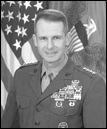
General George C. Marshall, Chief of Staff of the Army and later Secretary of Defense, said during World War II, We are determined that before the sun sets on this terrible struggle, our flag will be recognized throughout the world as a symbol of freedom on the one hand and overwhelming force on the other. The Nation was at war in Europe and Japan, and although the struggle was very different from the one in which we are currently engaged, the themes that define our profession of arms and guide the actions of our officers apply today just as they did over 60 years ago.
The uncertainties of todays world and the nature of our adversaries increase the importance of these ideas. They provide a foundation upon which you should build as you prepare to meet tomorrows objectives. The time and effort spent developing this groundwork will pay dividends as you confront new and unique challenges in the years ahead.
I encourage you to reflect on the timeless themes outlined in this book and consider what honor, integrity, selflessness, commitment, and the greater good mean to you. They define the ethos of our profession of arms, a philosophy that has moral leadership at its core. Vice Admiral James Stockdale, Vietnam POW and Medal of Honor recipient, once said, even in the most detached duty, we warriors must keep foremost in our minds that there are boundaries to the prerogatives of leadership, moral boundaries. As you read these pages and think about their meaning, do so expecting to be called upon to apply moral leadership in situations where your life, the lives of your troops, and the safety and security of the United States hang in the balance.
Your commission and oath of office are reminders of your higher calling to our great Nation and Constitution. As you embark on your military career, I ask you to dedicate your study to the men and women you will one day have the privilege to lead and command.

PETER PACE
General, United States Marine Corps
Chairman of the Joint Chiefs of Staff
FOREWORD
THE HONORABLE IKE SKELTON (DMO)

I am continually impressed with the members of the Armed Forces, impressed and grateful for all they do. The same goes for their families who endure long months of separation and danger of loss. Each time I think we can ask no more of them, they find another way to surprise me. Their resilience is amazing, and the nation is grateful.
This new edition, written while the nation is at war, is a successor to a classic series written the first time in 1950 by journalist-historian S. L. A. Marshall at the behest of General George C. Marshall, Americas greatest soldier-statesman of the last century. George Marshall never led troops in battle, but he spent much of his long and distinguished military career educating and training officers for war. He formed the great citizen-army that won the global mid-century wars against Nazi tyranny and Japanese imperial designs. George Marshall was a pioneer of service unity, what we call jointness, and unity of command in operational forces. S. L. A. Marshall, explaining the purpose of his book, attributed it to Marshalls belief that officers of all services founded their professional commitment on a common moral-ethical grounding, a grounding the author of that first volume set out to explain.
This new edition takes up George Marshalls inspirational premise and S. L. A. Marshalls example and carries them into the new century. The book aims to educate commissioned officers of all services, as well as interested outsiders, about the basic moral-ethical requirements of being a commissioned officer in the Armed Forces of the United States. Understanding the common foundation of commissioned leadership and command of American military forces is essential if we are to achieve true excellence in joint operations; it unites the officers of the separate services in a common calling of supporting, defending, and bearing true faith and allegiance to the Constitution, and in providing good and faithful service in performance of the military officers duty.
Next page

